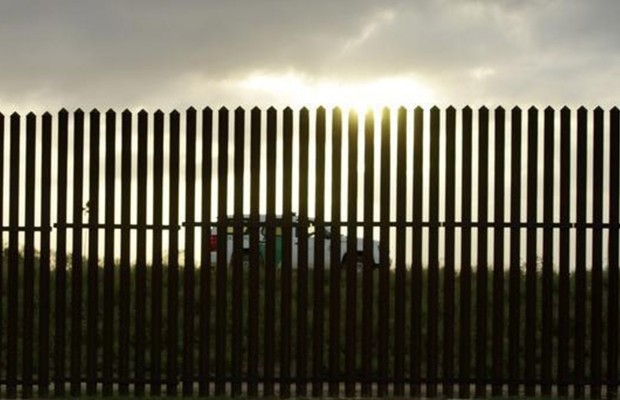-
Tips for becoming a good boxer - November 6, 2020
-
7 expert tips for making your hens night a memorable one - November 6, 2020
-
5 reasons to host your Christmas party on a cruise boat - November 6, 2020
-
What to do when you’re charged with a crime - November 6, 2020
-
Should you get one or multiple dogs? Here’s all you need to know - November 3, 2020
-
A Guide: How to Build Your Very Own Magic Mirror - February 14, 2019
-
Our Top Inspirational Baseball Stars - November 24, 2018
-
Five Tech Tools That Will Help You Turn Your Blog into a Business - November 24, 2018
-
How to Indulge on Vacation without Expanding Your Waist - November 9, 2018
-
5 Strategies for Businesses to Appeal to Today’s Increasingly Mobile-Crazed Customers - November 9, 2018
Texas Denied 30-Day Extension in Immigration Case
Moreover, while the Justice Department made two attempts to convince a federal appeals court to reinstate the programs, both appeals court cases were heard by two especially conservative judges.
Advertisement
The immigration program, known as Deferred Action for Parents of Americans and Lawful Permanent Residents, or DAPA, was announced a year ago and would shield about 5 million undocumented immigrants from deportation.
Texas, the lead state challenging the new immigration policies, however, asked the justices to effectively delay their consideration of the petition by 30 days. But unless the case gets on the spring schedule, it would be delayed until the court’s next term begins in October, and a decision would be unlikely before Obama is replaced – possibly by a Republican who would end the program before it begins.
In its November 23 request for the month-long extension, Texas Solicitor General Scott Keller said the state had other pressing deadlines looming before the U.S. Supreme Court.
The administration appealed to the nation’s high court, and Texas requested the 30-day extension. A victory for the government would allow it to start enrolling immigrants in the program before the president leaves office in January 2017 – an outcome the administration has been seeking with heightened urgency. Immigration policy and Obama’s efforts to protect immigrants already living in the United States have emerged as heated campaign topics. While the court has yet to accept the case, it is widely anticipated that it will grant review. The Court still has to meet and vote on whether it will take up the case, and other delays could arise, but today’s action by the Court increases the chances that the case could be heard and decided this term.
Advertisement
Does the U.S. Supreme Court care what the Los Angeles County Board of Supervisors thinks about national immigration issues? The move means the case could be heard in the spring – as the administration had hoped – with a decision by the summer, ahead of the 2016 election.




























